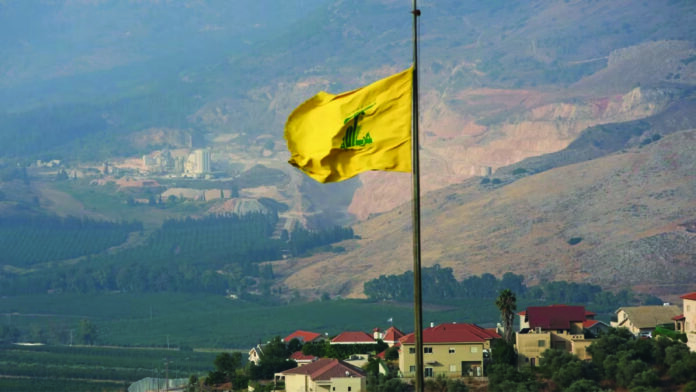“Some say I’m going to announce that we have entered the battle. We already entered the battle on October 8.”
—Hezbollah Secretary-General Hassan Nasrallah in a speech on Friday, referring to cross-border artillery attacks from Lebanon that occurred the day after the Hamas attack on Israel.
Have you ever had to give a speech that was widely anticipated, with people waiting breathlessly to hear what you had to say, and then after you made it, it was ridiculed? Hassan Nasrallah knows what that feels like after his Friday speech was met with derision by both Israelis and supporters of Hamas.
That’s because the speech contained very little new content. Until now, there have been cross-border exchanges of missiles and artillery fire, in some cases with deadly consequences, but Hezbollah hasn’t used its long-range missiles to target Israeli territory far from the border with Lebanon, and Nasrallah didn’t indicate that Hezbollah would be more involved in the war against Israel.
However, he did take the time to deny any responsibility for the October 7 attacks, saying that they had been planned by the Palestinians and that their partners hadn’t been informed about them in advance. Nasrallah did make vague threats about increasing the magnitude of Hezbollah attacks on Israel depending on what happens in Gaza going forward, but there was no specificity.
The real question for Israel is whether the conflict will remain primarily with Hamas in Gaza or will widen—with Hezbollah the most likely culprit for touching off a multi-front war.
To understand what Hezbollah’s role in the conflict might be and if a larger attack is something we should expect, we spoke with two experts who have studied this terror group.
* * *
To read more, subscribe to Ami





















